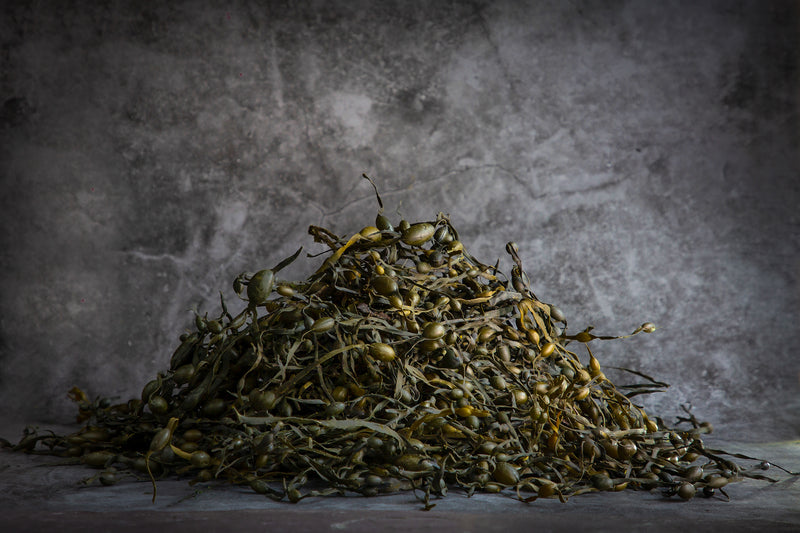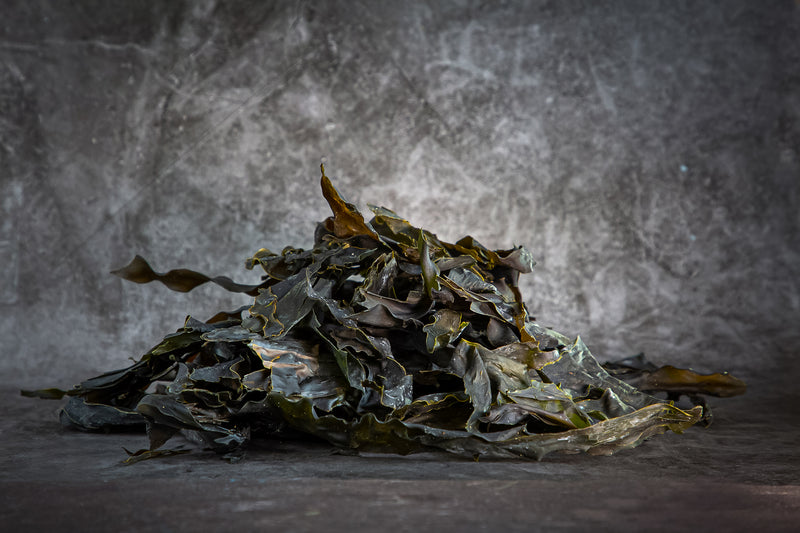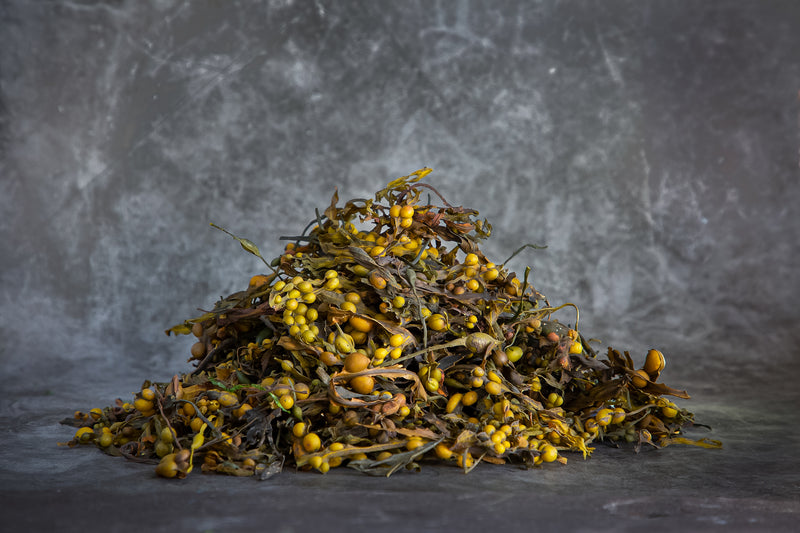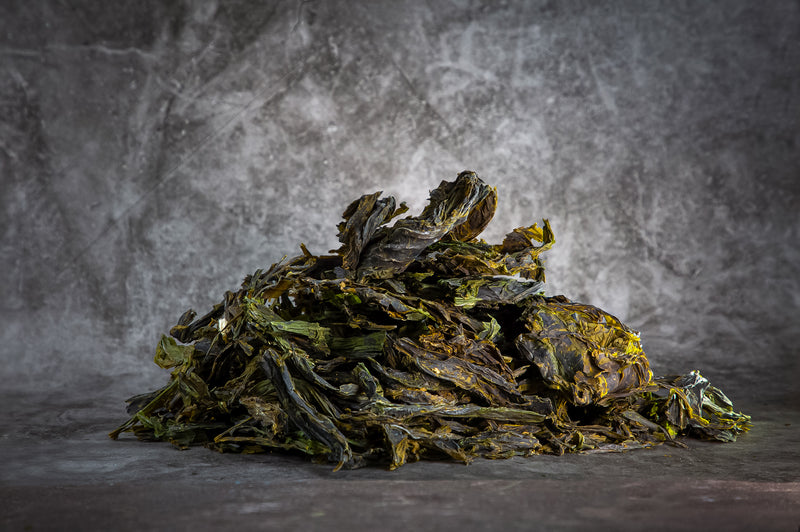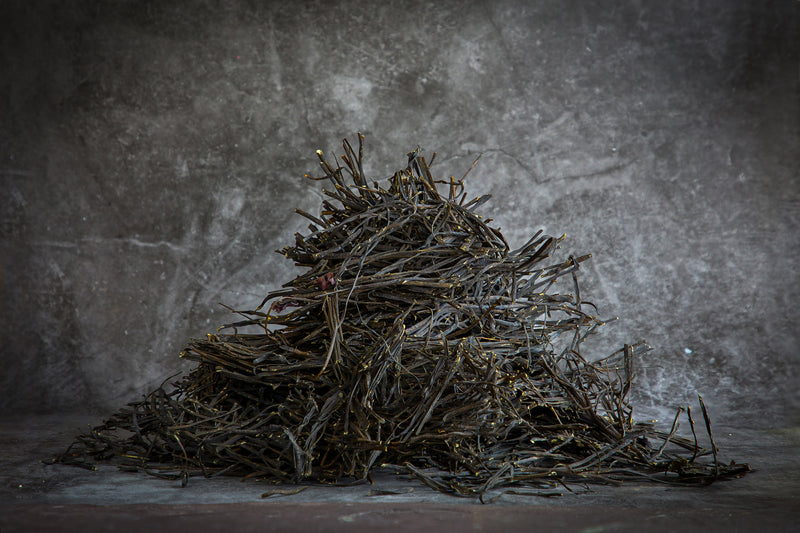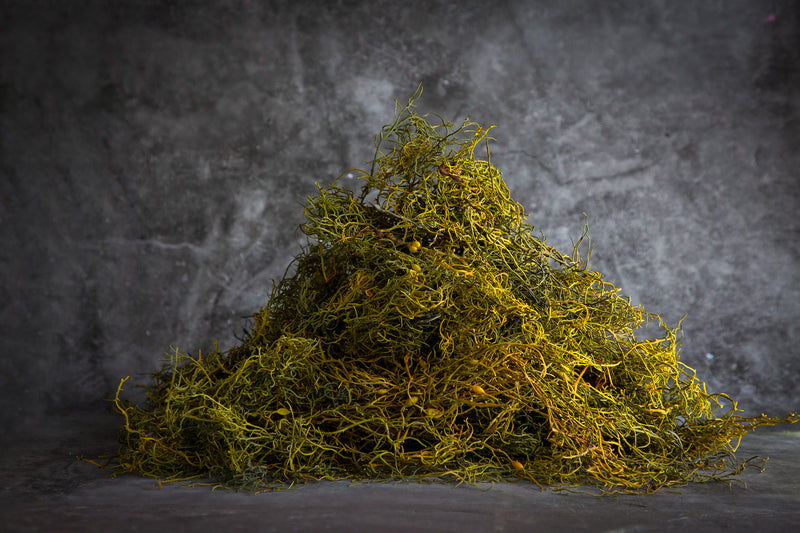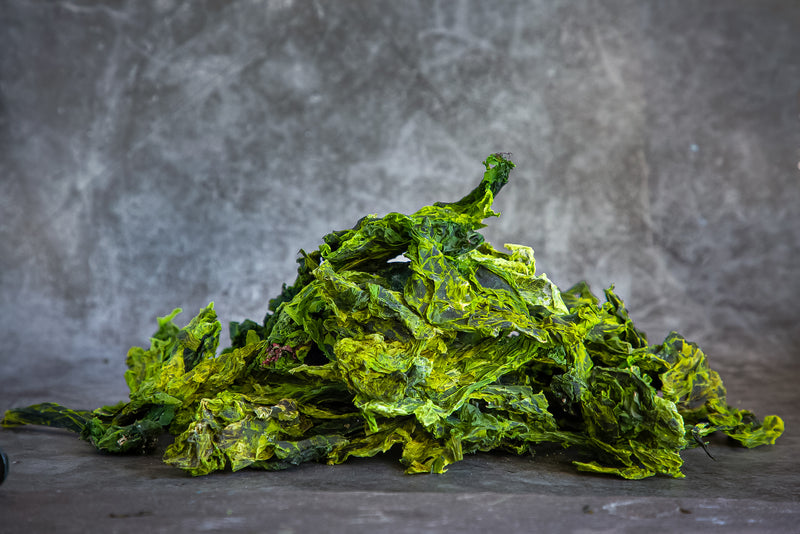Fertiliser Industry
Seaweed has become an essential component in the fertiliser industry, valued for its natural ability to improve soil health and promote plant growth.
Rich in macro and micronutrients like nitrogen, potassium, magnesium, and calcium, seaweed acts as a bio-stimulant, enhancing soil fertility and plant resilience. Its bioactive compounds, including alginates, polyphenols, and hormones like auxins and cytokinins, encourage root development, improve water retention, and boost plant immunity against pests and diseases. Additionally, seaweed fertilisers are biodegradable and eco-friendly, making them a sustainable alternative to synthetic fertilisers in modern agriculture.
Use Cases of Seaweed in the Fertiliser Industry

Soil Health Improvement:
- - Increases soil fertility with essential nutrients and organic matter, as provided by species like Ascophyllum nodosum and Fucus vesiculosus.
- - Enhances microbial activity, promoting a healthier soil ecosystem, supported by Pelvetia canaliculata and Saccharina latissima.

Plant Growth Enhancement:
- - Encourages root development with natural plant hormones (e.g., auxins, gibberellins) found in Ascophyllum nodosum and Himanthalia elongata.
- - Stimulates overall plant growth and yield with bioactive compounds from Laminaria digitata and Alaria esculenta.

Water Retention:
- - Improves soil structure, allowing better water retention and reducing irrigation needs, with contributions from Ulva lactuca and Saccharina latissima.

Pest and Disease Resistance:
- - Boosts plant immunity, reducing reliance on chemical pesticides, aided by compounds in Fucus vesiculosus and Ascophyllum nodosum.

Sustainability:
- - Biodegradable and eco-friendly, reducing environmental impact compared to synthetic fertilisers, with species like Laminaria digitata and Himanthalia elongata leading the way.

Application Versatility:
- - Suitable for use as liquid fertilisers, foliar sprays, and soil conditioners, utilising the properties of Alaria esculenta and Ulva lactuca.
Get A Quote
Seaweed Species for the Fertilizer Industry
These species are widely recognised for their nutrient-rich profiles and bioactive compounds, making them ideal for agricultural applications as natural and effective fertilisers.

